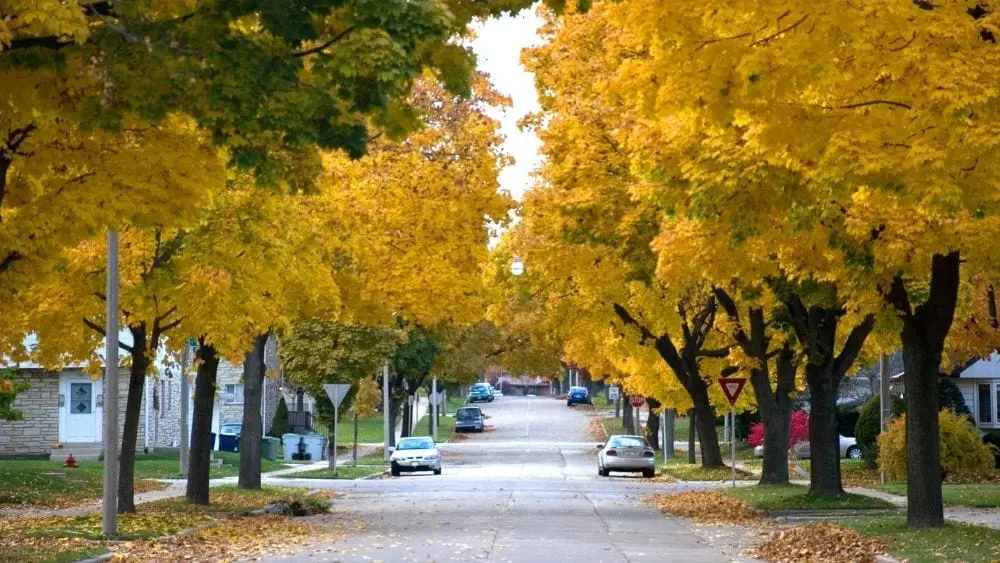
There is one thing certain about shopping for and building a home and that’s plenty of questions.
As you embark on your homebuying journey, you might find that some of the questions you have — particularly when it comes to crime stats (Is this a safe neighborhood? How many burglaries and violent crimes have occurred in this neighborhood?) or schools — can’t be answered by your builder’s sales pro or your real estate agent.
It’s not that they don’t know the answer and it’s not that they’re trying to conceal information. There are laws that prevent these professionals from giving the answers you might be searching for.
Buyers often “don’t understand why we can’t answer those question,” says Sharon Voss, immediate past president of the Orlando Regional Realtor Association and a Realtor with Watson Realty Corp. “These are very common questions and they are simple. People don’t think there is anything wrong with those questions and there really isn’t, but in our profession, we can’t answer any of them. We take an oath about fair housing.”
Much of what Realtors, builders and potential home sellers can disclose is determined by the Fair Housing Act, which Voss points out was enacted to protect homebuyers and renters’ rights.
Harvey Jacobs, a Potomac, Md., attorney who specializes in housing, explains: “The federal fair housing act prevents discrimination in housing based on the following protected classes: race, color, religion, sex, disability, familial status and national origin. Any information that would tend to have an intentional discriminatory effect with respect to these protected classes is prohibited from being disclosed directly.”
That might seem straightforward enough, but these restrictions have a broad interpretation. For example, regarding religion, subtle phrases such as “walk to worship” can be construed to imply that orthodox synagogues are within walking distance, making those of a different faith feel as if the community is not for them, Jacobs observes.
Most who work in the housing arena are particularly cautious when it comes to anything that might relate to fair housing. “Realtors and builders typically err on the side of caution since they are subject to the many HUD testers who routinely go out into the field and try to solicit potentially discriminatory comments,” says Jacobs.
So, Where Do You Go For Answers?
While real estate professionals and builders can’t answer specific questions, that doesn’t mean they can’t steer you in the right direction to finding an answer. Jacob uses school ratings as an example: “Best practices would allow a Realtor to state that a school is currently in the ‘Kennedy High School district, which is ranked #4 in the nation’ and then provide the inquirer with a link to those school rankings directly. It’s probably a good idea is to say that school rankings change regularly as do school zones.”
Until a few years ago, Voss says an agent would have referred buyers to the Yellow Pages for such information or suggest they call whatever domination they are interested in to find out about places of worship in the area.
Now, the Internet has opened up a much greater universe for potential buyers to find answers to their questions. Sites such as NeighborhoodScout give an in depth profile of an area by zip code, including home prices, professions, crime, ethnicity, languages spoken and education levels, often comparing those rates to a region overall and also nationally. Sperlings Best Places and CityData also provide information that you might find useful in your home search. Visit Great Schools to get the lowdown on schools.
You can go your local police department for crime rates, but if you’d rather look online, other sites, such as CrimeReports, will also give you information. The U.S. Census Bureau is another gold mine of data, although it takes a little more work to uncover what you want. The department’s guide, Finding Data For My Community, is a good place to begin.
Another way to learn about the neighborhood is to ask the people who already live there. While touring a community, ask folks who you see walking around how long they’ve lived there, how the schools are, if there’s any crime, etc. You’ll get information about the neighborhood and you may even meet a future neighbor or two.
When driving in a prospective neighborhood, be sure to drive around at different times of day so you can gauge traffic and how neighbors use any amenities or understand if neighbors stay inside and keep to themselves.
Once you’ve moved in, check out Nextdoor, a social networking site for neighborhoods. Neighbors use the site as a resource for what’s happening in the neighborhood, to post alerts about lost pets and to ask for recommendations for home repair and maintenance. Neighbors on this site also report petty crime that might not show up on police reports.

Camilla McLaughlin is an award-winning writer specializing in house and home. Her work has appeared in leading online and print publications, such as Yahoo! Real Estate, Unique Homes magazine and Realtor magazine. She has also freelanced for the Associated Press.
 Home Safe Home: 8 Security Tips Every Family Needs
Home Safe Home: 8 Security Tips Every Family Needs